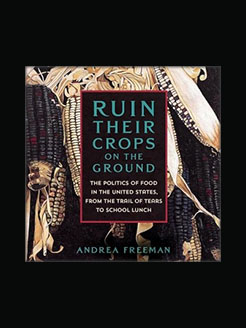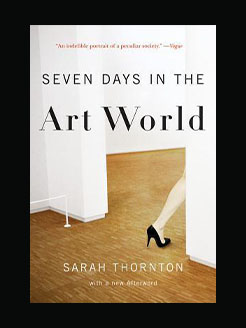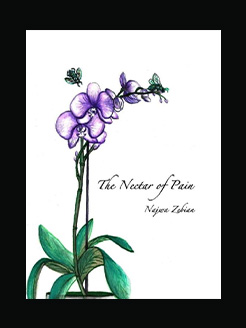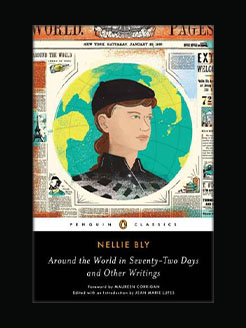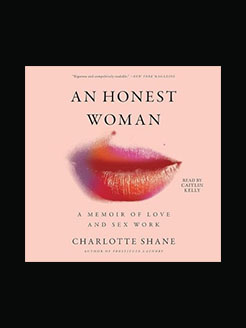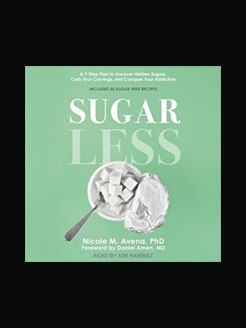Published in 2015
264 pages
Letitia Gomez, editor, and a co-founder and executive director of LLEGÓ, the first national Latino/a LGBT organization.
Salvador Vidal-Ortiz, co-editor, is a sociology professor focusing on women’s, gender, and sexuality studies at American University
Uriel Quesada (San José, Costa Rica) is the director of the Center for Latin American and Caribbean Studies at Loyola University. He became the Interim Dean of the College of Arts & Sciences in 2018. His areas of interest are Central American and Caribbean literatures and cultural studies, U.S. Latino studies, Queer studies and Latin American Popular Culture studies. He has written about Central American detective fiction, Latin American masculinities and travel writing. In 2009 he co-edited a special issue of the academic journal Istmo devoted to the study of gender and sexualities in contemporary Central American literature.
What is this book about?
As this groundbreaking collection of essays attests, gay and lesbian activism is alive and thriving—on its own terms—in the Latin-American community. Fourteen activists chronicle their struggles for identity and acceptance, recounting their personal experiences and their public roles in founding and joining organizations to raise awareness and fight for equal rights.
“These narratives are powerful expressions of the experiences of lesbians, gay men, and trans activists from a variety of Latina/o communities. This history exists nowhere else.” (Marcia M. Gallo, Assistant Professor of History, University of Nevada, Las Vegas, and author of Different Daughters: A History of the Daughters of Bilitis and the Rise of the Lesbian Rights Movement)
In the last three decades of the 20th century, LGBT Latinas/os faced several forms of discrimination. The greater Latino community did not often accept sexual minorities, and the mainstream LGBT movement expected everyone, regardless of their ethnic and racial background, to adhere to a specific set of priorities so as to accommodate a “unified” agenda. To disrupt the cycle of sexism, racism, and homophobia that they experienced, LGBT Latinas/os organized themselves on local, state, and national levels, forming communities in which they could fight for equal rights while simultaneously staying true to both their ethnic and sexual identities. Yet histories of LGBT activism in the 1970s, 1980s, and 1990s often reduce the role that Latinas/os played, resulting in misinformation, or ignore their work entirely, erasing them from history.
Queer Brown Voices is the first book published to counter this trend, documenting the efforts of some of these LGBT Latina/o activists. Comprising essays and oral history interviews that present the experiences of 14 activists across the United States and in Puerto Rico, the book offers a new perspective on the history of LGBT mobilization and activism. The activists discuss subjects that shed light not only on the organizations they helped to create and operate but also on their broad-ranging experiences of being racialized and discriminated against, fighting for access to health care during the HIV/AIDS epidemic, and struggling for awareness.
Notable contributors:
Laura Esquivel, author of the bestselling Like Water for Chocolate
José Gutiérrez, founder of Latinos en Acción and the Latino LGBT History Project.
